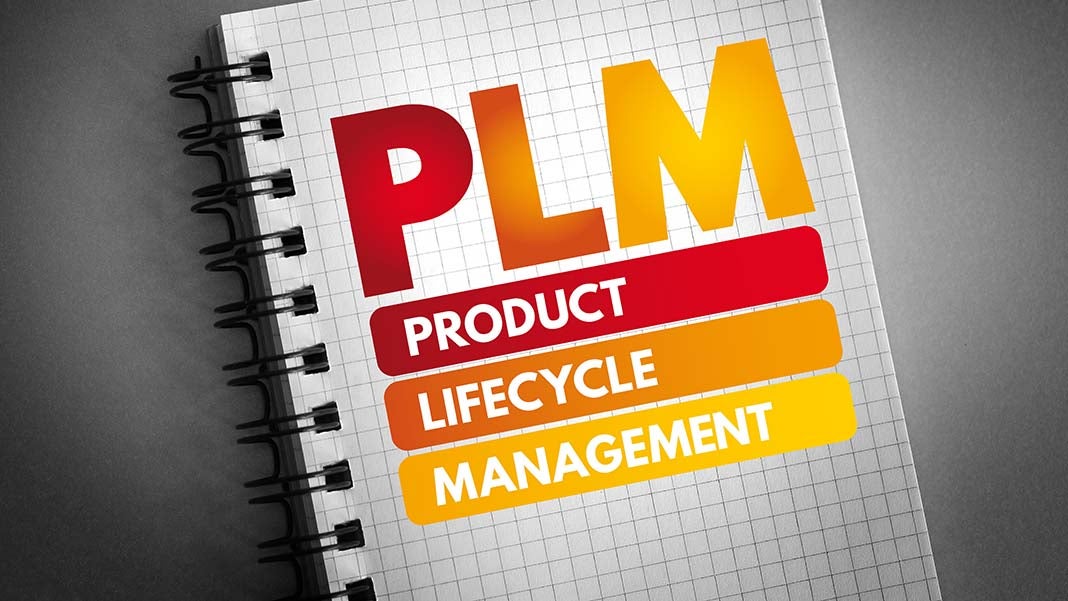
Working in the retail industry can be tough because there is always competition brewing. Every company or business is always trying to introduce new ways to stay as a favorite brand while making the most. It can be tough trying to do both because of the ever-changing trends and interests of the consumers.
When you need to keep up with the trends and provide for your customers, the last thing you want is to have any losses in terms of money and wastage. However, worry not, there are several tools to help reduce waste and provide robust strategies to stay at the top.
What Can PLM (Product Lifecycle Management) Software Do?
PLM Software is used to manage and organize all data related to product development automatically. It handles the data related to designing, manufacturing, supplying, and disposal/discontinuations of a product. It fosters strategies for waste reduction and other efficiencies with a products’ lifecycle. The software holds information for a smoother workflow and connects an organization to keep them updated through every process.
What to Look For?
Choosing the correct PLM Software can be a daunting task because it can change the way your entire organization works. When it comes to choosing the right PLM software, here are a few things to look for:
- Efficiency and security – The software you select should be secure and reliable because the data that you will be sharing is valuable, and there should be zero risks involved. A top rated PLM suitewould be readily available with continuous operation, so the entire process moves quickly.
- Quick solutions – A good PLM software wouldn’t just provide opportunities but would also offer smart solutions and strategies for any issues that you might come across.
- Flexible budget – Often, people have to pay down a lot of money for the hardware, platforms, and upgrades. This can be much too expensive in the long run, and so the vendor should provide updates where you can choose what features you want to add to your software.
How to Implement the Software?
Implementing a PLM Software isn’t as complicated as it sounds. Follow these steps for a successful implementation:
- Define the Scope – When it comes to your PLM Software, the scope needs to be defined at the start of the project according to your companies’ needs. This can include strategy management, project management, performance management, development engineering, marketing, product information management, outsourcing, etc.
- Choosing Solutions –After defining your scope and goals, you should select vendors to set up the solutions. For example, benchmarking other companies and seeing their solutions can help you come up with a different strategy.
- Putting the Plan into Action – After creating your vision, budget, and plans, RFP or Request for Proposal shows how to implement the solutions into various situations to fix any issues and make any other recommendations.
- Keep Track of Gaps – When implementing solutions, keep track of the gap between the strategy and the system. This can take time, especially when you have a fixed budget.
Choose the Right PLM Software for Success
After researching and keeping the above steps in mind, fix a budget, be patient, and work your way through a smarter, efficient, and resourceful manufacturing process.
2554 Views












